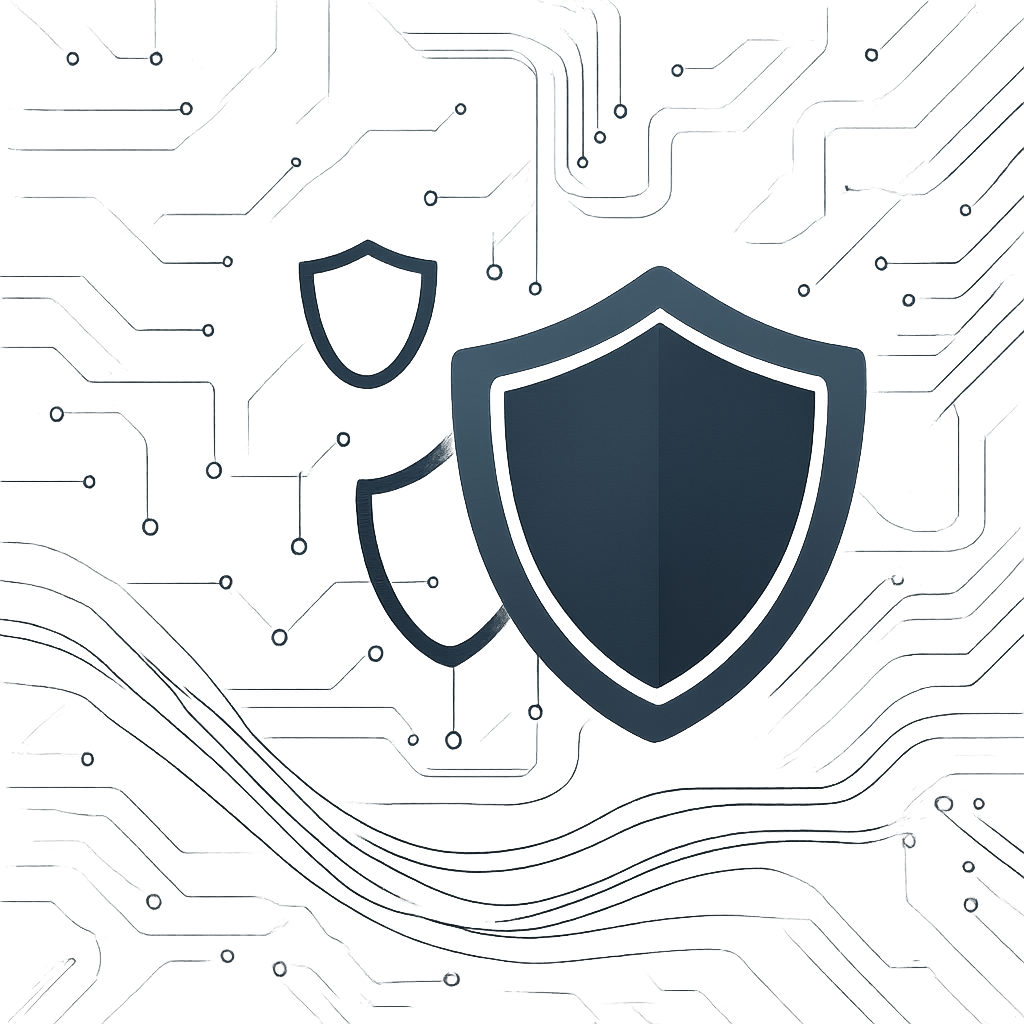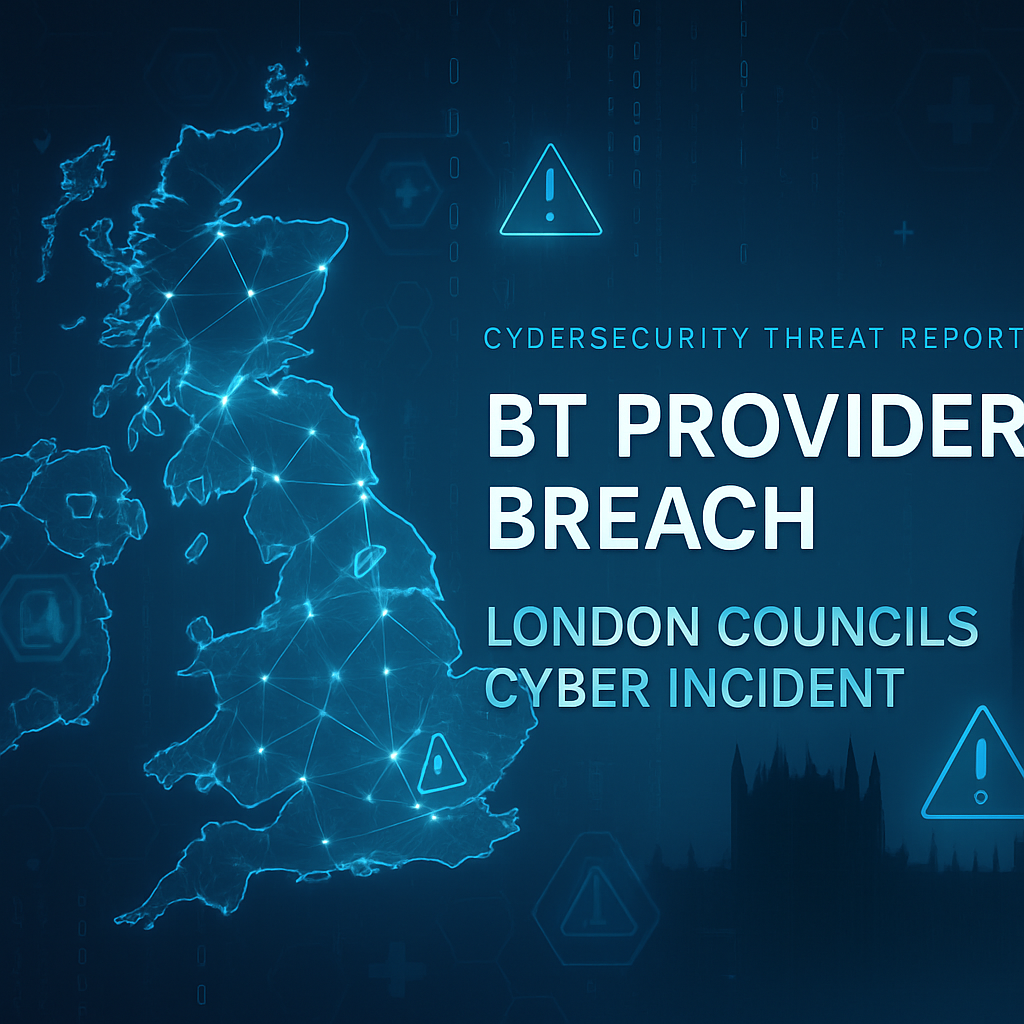Lessons From DEFCON 2025: Operation Europa Crisis
In this exercise, participants stepped into the shoes of hospital administrators, health-ministry officials, logistics leads, and crisis coordinators.
The simulation showed just how fast things spiral when hospitals overflow, supply chains break down, communications collapse, and public trust erodes.
The result? Cascading system failure.
Why It Matters for the NHS & Medical Device Security
For the NHS, resilience isn’t optional, it’s critical.
In the middle of a crisis, clinicians and administrators need absolute confidence that connected medical devices, from infusion pumps to monitoring networks, keep working safely, even under stress.
Security and reliability have to hold up when it matters most.
How ISO 27001 Helps
ISO27001 gives healthcare organisations a framework for building an Information Security Management System (ISMS).
That means regular risk assessments, disruption preparedness and clear playbooks for communication, incident reporting, and coordinated response.
In short: it keeps systems steady, and trust intact, when chaos hits.
Blended Regulatory Advantage (FDA / MDR / HIPAA)
Cybersecurity isn’t just best practice, it’s regulation.
-
FDA: Requires medical devices to embed cybersecurity throughout their lifecycle via the Secure Product Development Framework.
-
MDR: Builds cybersecurity into risk management and post-market surveillance, mandating ongoing monitoring for device safety.
-
HIPAA: Locks in data security and privacy obligations for healthcare providers and technology vendors.
Together, these frameworks ensure NHS-selected devices aren’t just compliant on paper — they remain secure, resilient, and trustworthy in the middle of a public health emergency.
%20(1)%20(1).png?width=309&height=69&name=image-001%20(2)%20(1)%20(1).png)


